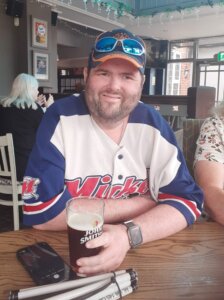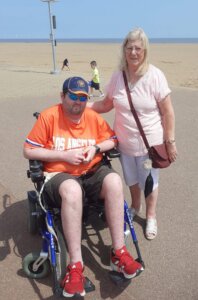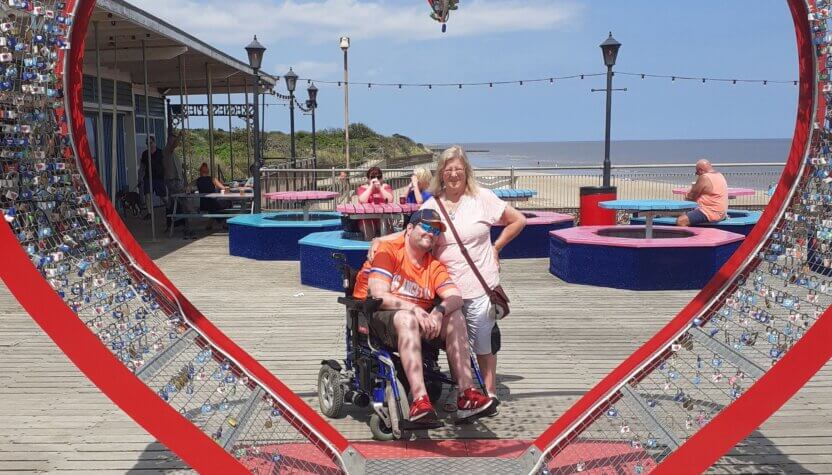Jean Hubberstey’s youngest son Christopher, lives with the rare genetic condition Bardet-Biedl syndrome (BBS). It’s an inherited genetic condition which causes vision loss, obesity, kidney abnormalities, mobility issues and learning difficulties.
Jean and her husband David were no strangers to coping with such a devasting diagnosis. They unknowingly carry a gene alteration on chromosome 16, and whilst their eldest two sons were born healthy, they tragically lost their third son Paul to kidney failure, a result of BBS. Paul was just three years old and died in 1988. Christopher was born three years later, and by the time he was six his kidneys were failing.
“It was like déjà vu,” Jean says. “We’d been through this all before, with the same hospital consultant. I knew when Christopher was six weeks old, and wasn’t thriving, that there was something wrong. He was our fourth baby and although he didn’t feed that much, he was vastly overweight.
“With BBS you are guaranteed to get kidney failure, which Christopher had, and he needed dialysis. The consultant said it couldn’t be a coincidence having two sons with kidney failure so referred him to the genetic consultant who came up with BBS. Christopher had a kidney transplant aged eight and that transplant is keeping him alive today.”
Christopher is now 34 and despite complex medical needs, including complete loss of sight, diabetes and liver and kidney disease, he lives a fulfilling, busy life and is thriving. He has a girlfriend, whom he met at school, and he enjoys attending both a day centre and a visual impairment centre. His main passions are going to tribute acts and musical theatre shows in Blackpool. Christopher lives with his parents and has daily carers who Jean describes as “brilliant”.
and he enjoys attending both a day centre and a visual impairment centre. His main passions are going to tribute acts and musical theatre shows in Blackpool. Christopher lives with his parents and has daily carers who Jean describes as “brilliant”.
The challenge is that now his parents are both 74, they have their own health issues and are still needed to drive to hospital appointments and cope with the physical and emotional challenges of looking after an adult child with complex needs.
Jean explains: “For us it becomes more challenging as Christopher gets older, and we get older. We do everything for him, but what can we do? I’ve had a stressful life, but I think you learn to cope with it. I’ve been coping with this condition for 40 years and it wears you out. I feel I’ve aged 20 years in the last year. I’m waiting for two operations – an eye operation and a hernia repair. I have arthritis in my hands and feet and can hardly walk. It is such hard work to keep going.
“BBS is a disease of the cilia and affects every part of the body, so Chris has many medical conditions. It also makes Chris more susceptible to infection and sepsis. This summer he was really unwell, with the Epstein Barr Virus and a rash all over. That was hard. The difficulty is if Chris feels ill, he doesn’t tell anyone, he doesn’t speak up for himself. Over the years I’ve stayed in hospital with him for months and months. I wouldn’t leave him. I left Paul for one night and he died that night whilst I was away. I have to live with that.”
Christopher has had many health scares Jean thought he would not survive. He had COPD and was on oxygen at night, he’s survived sepsis TWICE, plus he used to have seizures whilst having dialysis.
Jean says: “As far as life expectancy goes, he has liver fibrosis, and we know he won’t live until he is 40 because he has so many health complications. I don’t know how he survived sepsis, but he did. We make the most of every day, we take Christopher on day trips and to the theatre. Christopher loves to be on holiday and comes alive then when he’s away.”
 This summer, the family enjoyed a holiday at the Sandcastle Trust’s fully adapted holiday caravan in Skegness. It is provided as part of ‘Sandcastle Memories’, the Trust’s programme offering respite days out and away breaks for families living with a rare genetic condition.
This summer, the family enjoyed a holiday at the Sandcastle Trust’s fully adapted holiday caravan in Skegness. It is provided as part of ‘Sandcastle Memories’, the Trust’s programme offering respite days out and away breaks for families living with a rare genetic condition.
“We had a lovely weekend in Skegness,” says Jean. “It was sunny all the way through, we picked the best week. We took Chris’ electric wheelchair because he is too heavy to push in a manual wheelchair, and he wants to be independent. Everything was adapted in the caravan for wheelchair users.
“We went to the pier, went to the market and sat on the promenade. It wasn’t crowded on the pier and Christopher loved that, as he could drive his wheelchair easily and feel free. For us, it was a much need break. When you care for years and years it wears you down, grinds you down both physically and mentally. It’s a big expense too; I don’t get paid and we live on a basic pension. You do need a holiday. We really relaxed on this holiday; there was no getting up and ready for the carers and no hospital appointments. It felt like we calmed down and took a real break.”








